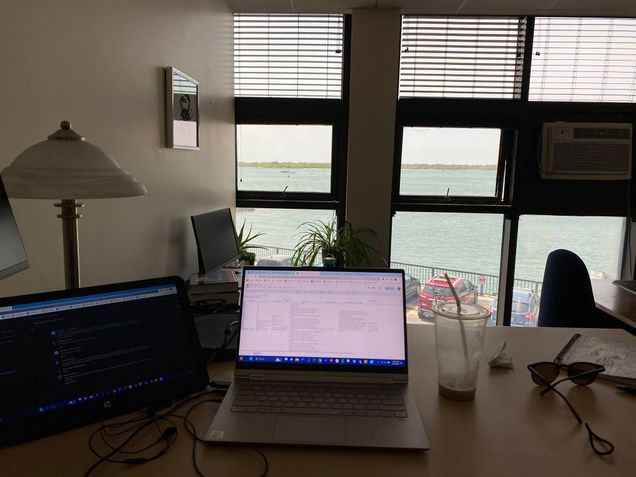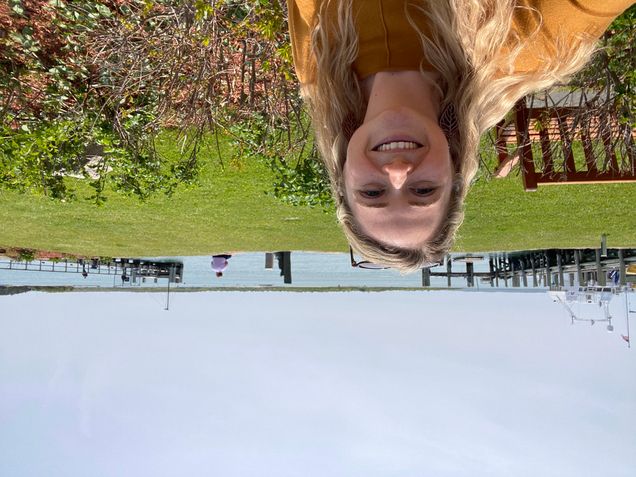Project Partner: NOAA National Marine Fisheries Service (NMFS) Northeastern Fisheries Science Center, Summer 2023
Project Summary: Atlantic menhaden, an economically important commercial fishery, is sensitive to poor water quality from urban and agricultural pollution in estuaries that can result in fish kills. The Narragansett Bay estuary downstream from Providence, Rhode Island, has an active menhaden fishery, and stakeholders are interested in understanding the relationship between water quality and the presence and abundance of menhaden. Caroline’s internship with NOAA’s Ecosystem Dynamics and Assessment Branch focused on analyzing how water quality metrics—such as dissolved oxygen, temperature, salinity, and pH—impact menhaden in the Bay. Using data from the Rhode Island Department of Environmental Management’s aerial menhaden spotter program and the Narragansett Bay Fixed-Site Water Quality Monitoring Network, Caroline’s analysis revealed that the presence of menhaden in the Bay is sensitive to changes in dissolved oxygen and pH, offering valuable insights into ecosystem-based management for this important species.
Project Deliverables: Caroline developed code, data visualizations, and a preliminary report. She was recently awarded funding through the NSF INTERN program to work full- time with NOAA NMFS for five months next year, extending these analyses for a chapter of her dissertation and contributing to the 2026 State of the Ecosystem Report.


Watch Caroline’s URBAN Internship lightning talk here.
